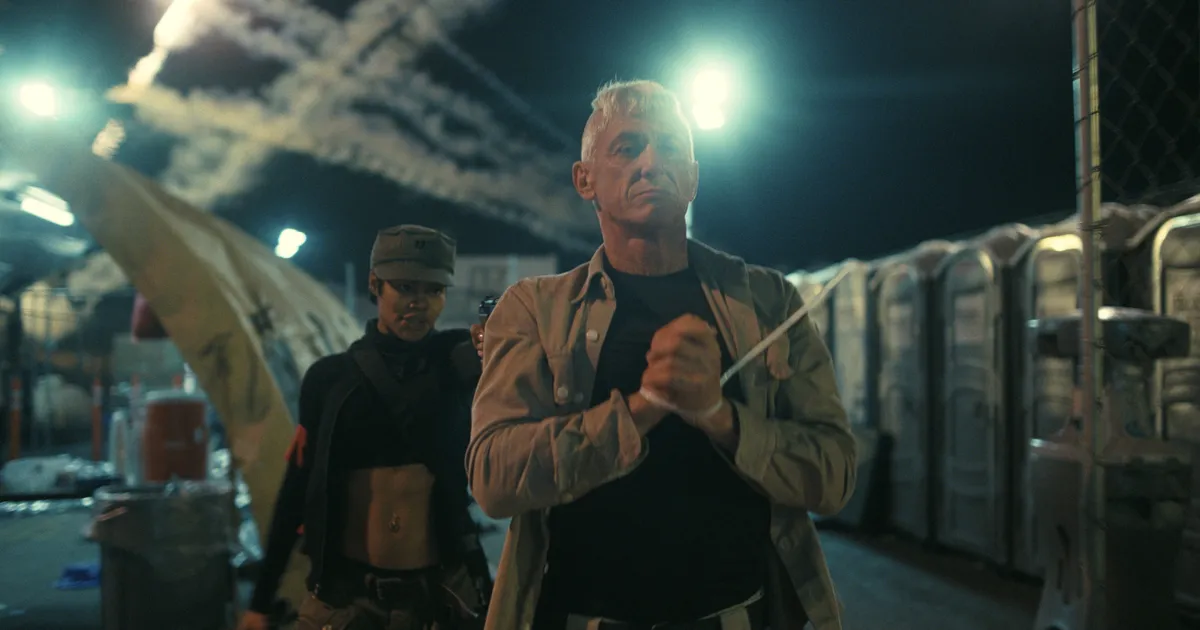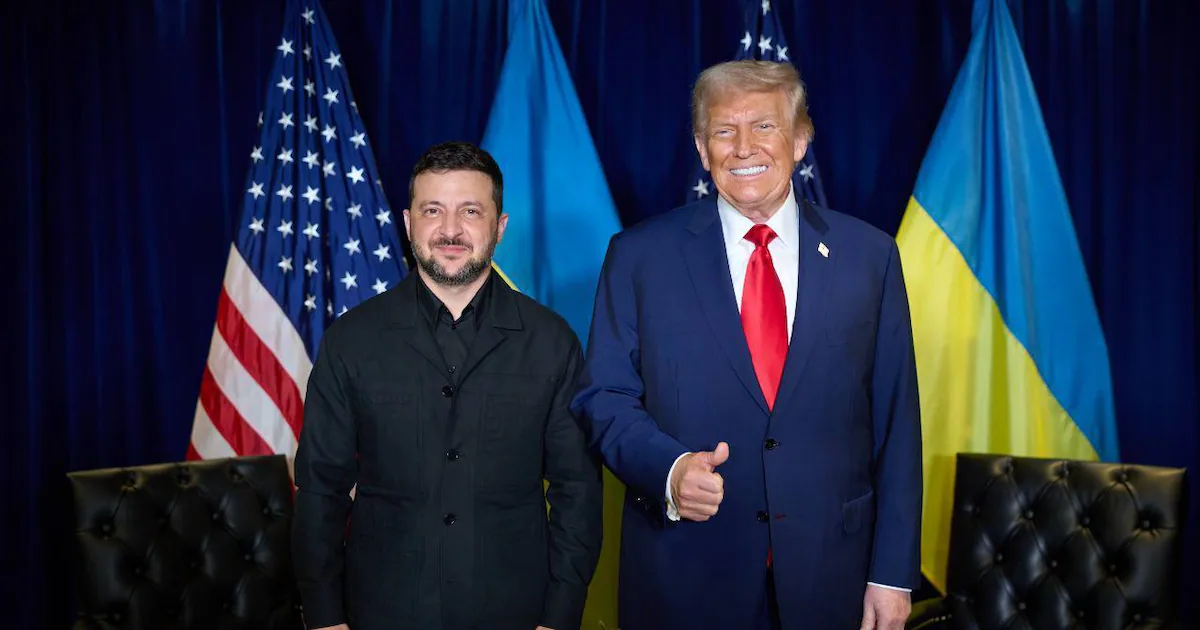
Over the weekend, writer-director Paul Thomas Anderson’s One Battle After Another won a partial victory in an ongoing war for audience share that has transfixed Hollywood since March. The action-dramedy, a loose adaptation of Thomas Pynchon’s 1990 novel, Vineland, took in $22.4 million to grab the top spot among new releases at the box office. Slightly undershooting some prerelease “tracking” estimates (which foresaw One Battle taking in $25 million domestically) while notching a global tally of $48.5 million, that haul arrives as the biggest opening of Anderson’s three-decade career: eclipsing his previous personal best, the $4.8 million debut of 2007’s Upton Sinclair adaptation There Will Be Blood. On the flip side, though, that $22.4 million pales in comparison with One Battle star Leonardo DiCaprio’s top-grossing openings like Inception ($62 million), 2013’s The Great Gatsby ($50 million), and Shutter Island ($41 million).
Moreover, as a return on investment for One Battle After Another’s reported $130 million production cost — a number widely disputed by industry observers who put its true price tag somewhere closer to $140 million or $160 million — that opening is considered relatively “soft.” A kind of success but not successful enough on its own merits to be considered a hit. The crowd-pleasing two-hour-and-42-minute film, which has already shot to the front of the Best Picture Oscar race, will need to hang around in theaters over the coming months, posting sub-60 percent weekend-to-weekend drops in order to justify such a relatively rich outlay by its studio distributor, Warner Bros.
“Paul Thomas Anderson makes these slow-burn awards films that really cater to cinephiles; he’s never had a movie open that big,” says Jeff Bock, senior box-office analyst at Exhibitor Relations Co. “But Warner Bros. still has a lot of work to do to get to profitability. It will come down to whether the film continues to hold through October and the rest of awards season — it’s going to be one battle after another, week after week, at the box office.”
An R-rated action-dramedy featuring DiCaprio as “Bob,” a retired political terrorist/rocket-launching revolutionary — whose quotidian existence of day drinking, joint smoking, and single parenting his teen daughter, Willa (Chase Infiniti), is obliterated by the sudden arrival of Sean Penn’s relentless military hard-ass, Colonel Steven J. Lockjaw — One Battle has also shocked Hollywood by achieving the seemingly impossible. Namely, after months of relentlessly negative trade press that second guessed Warner’s decision to grant art-house ace Anderson (Boogie Nights, Magnolia, the multiple Academy Award nominee Phantom Thread) the biggest budget he has ever commanded, One Battle arrived as the studio’s seventh consecutive No. 1 movie this year. It also happens to be the title that finally pushed Warner Bros.’s cumulative box-office total above $4 billion: the first studio to achieve that milestone in 2025 and the first time WB has performed so well financially since the pre-pandemic olden times of 2019.
Easy enough to overlook that in March, Bloomberg published a bombshell article reporting that David Zaslav, the much-reviled CEO of Warner Bros.’s parent company, Warner Bros. Discovery, was frustrated with studio co-bosses Pam Abdy and Mike De Luca and had been meeting with potential replacements. At issue: a run of a craptacular box office under the duo’s watch that included Joker: Folie à Deux (which reportedly cost $200 million but only grossed $206 million: a major flop), the critically mauled mob caper Alto Knights (budget: $45 million, worldwide gross: $10.2 million), and director Bong Joon Ho’s clone thriller, Mickey 17 (budget: $118 million versus a worldwide take of $133.3 million), all of which helped clobber Warner Bros. Discovery’s stock price.
Also in March — to a rising din of dire prognostications about De Luca and Abdy’s tenure as co-chairpersons/chief executives — Warner punted the release of One Battle After Another (from the financial doldrums of August into its current date smack in the middle of the awards-season scrum). And more controversially, it released writer-director Ryan Coogler’s Sinners: the period-set horror-thriller-survival-horror-vampire flick that rival studio executives feared “could be the end of the studio system.”
But after Sinners’s stronger-than-expected box-office returns, it suddenly seemed like Warner — or perhaps more specifically, Abdy and De Luca — could do no wrong. A Minecraft Movie reached screens in April, turning cineplex auditoriums into wastelands of strewn popcorn and thrown sodas thanks to the video-game movie’s “Chicken jockey” phenomenon (cumulative gross: $957.8 million). May marked the release of Final Destination: Bloodlines; the 25-year-old horror franchise’s positively reviewed sixth installment took in a surprisingly robust $313.9 million. June saw the Brad Pitt “Top Gun in a race car” thriller F1: The Movie top the box office with $626 million worldwide. (Technically a distribution deal under which Apple pays Warner Bros. to market and release the movie in theaters, but still.) In July, writer–director–DC Studios chieftain James Gunn’s Superman threaded the cultural needle to successfully reboot the long-running comic-book franchise (production budget: $225 million, global gross: $615.6 million). And last month, writer-director Zach Cregger’s twisty-turny horror-thriller Weapons out-freaked the body-swap comedy Freakier Friday to win its opening weekend en route to a healthy $264.8 million “cume.”
“Warner Bros. has had an incredible year by anyone’s standards,” says Bock. “It’s got a big superhero film, it’s got sequels, it’s got horror films and high-profile directors making original films. That’s what you want to see out of these major studios — all of those things. This is the blueprint of success right now. Honestly, if more studios could pattern themselves after Warner Bros., we wouldn’t be talking so much about box-office doom and gloom these days.”
As box-office analyst David A. Gross points out in his FranchiseRe industry newsletter, the Leo factor will likely go a significant way towards One Battle After Another actually making money. DiCaprio’s movies tend to perform well internationally and “go on a strong run after opening” — unlike most titles which front load their ticket sales over debut weekend. “Like many films, it’s going to net more money in its ancillary business than in theatrical, meaning more income from digital sales and rental, streaming, and free TV than from the theatrical film rental the studio collects,” Gross writes. “After you add up the production and marketing costs, the movie has a chance of getting to profitability if it lasts long enough in theaters and/or it overperforms abroad.” Which is another way of saying, if the film — and Warner Bros. and Pam Abdy and Mike DeLuca — keep winning one battle after another.



